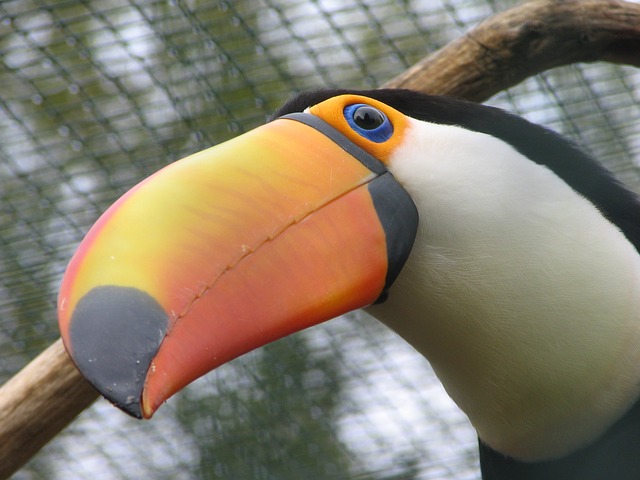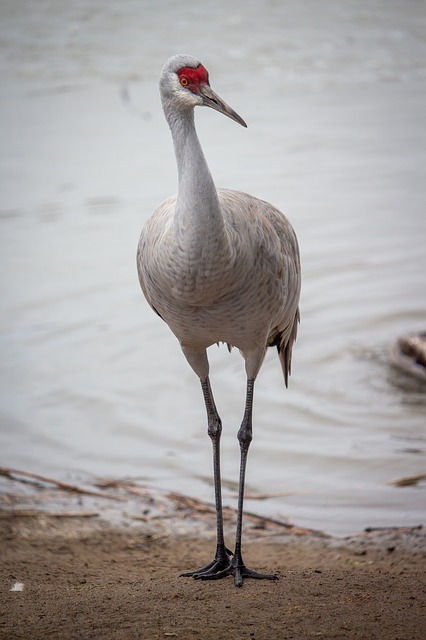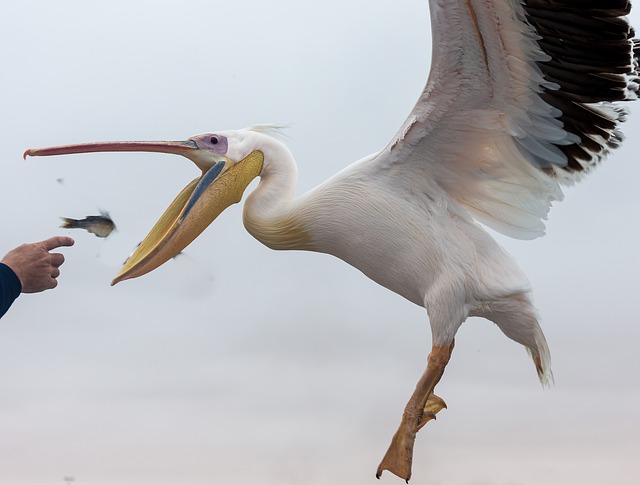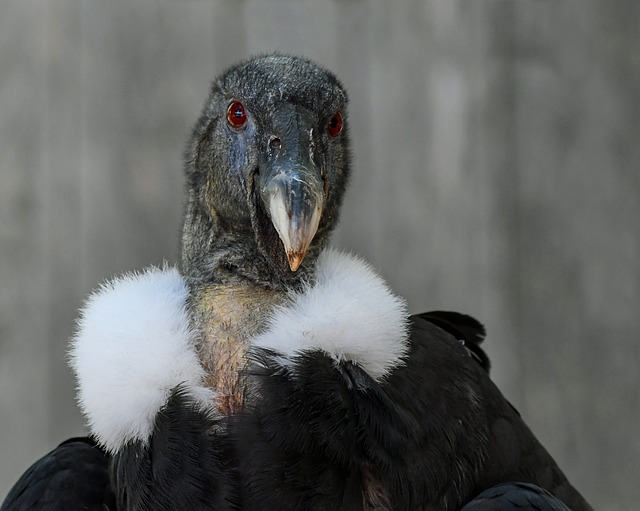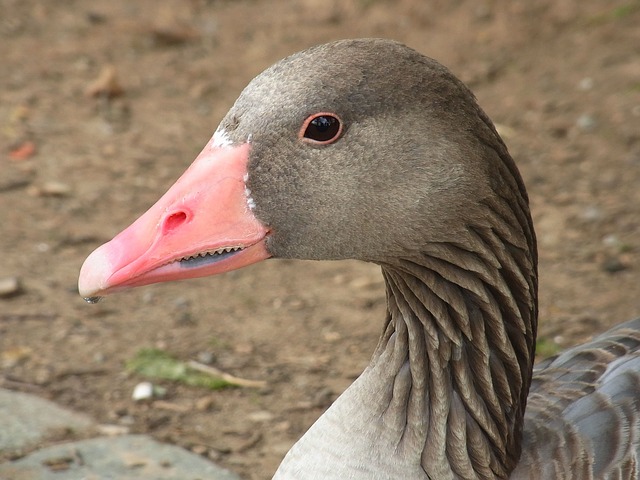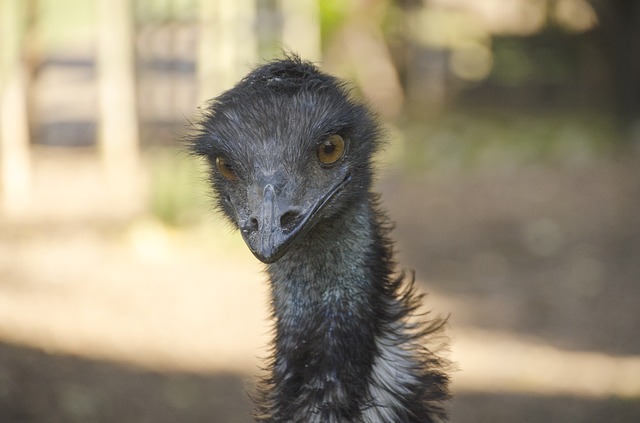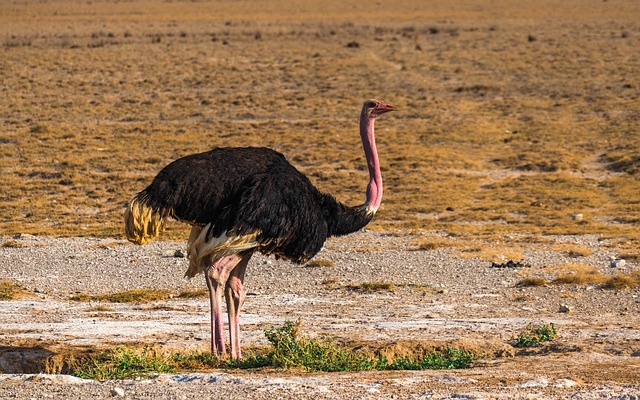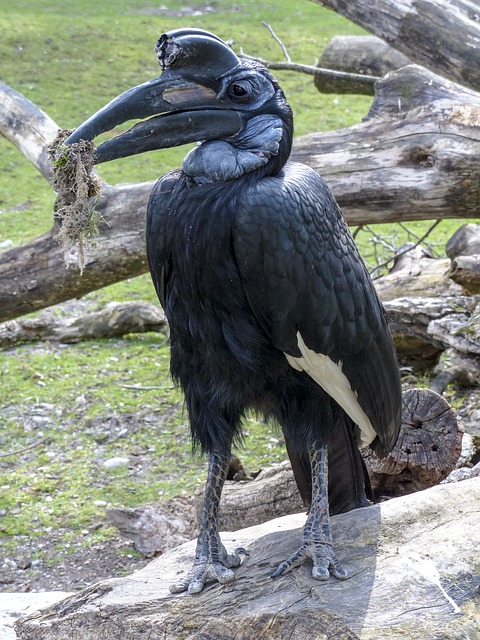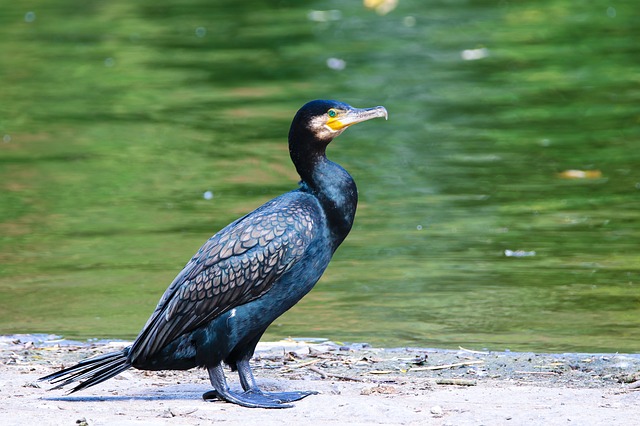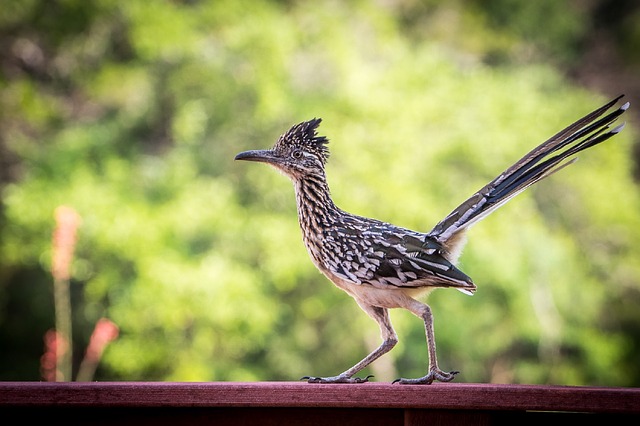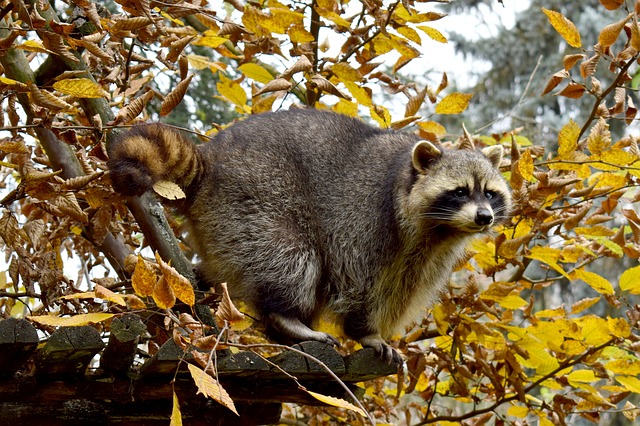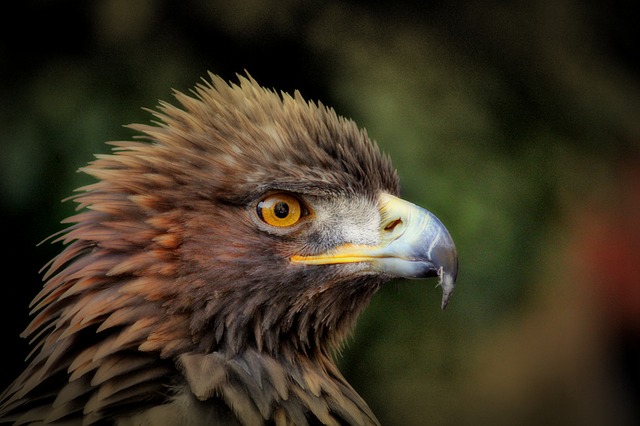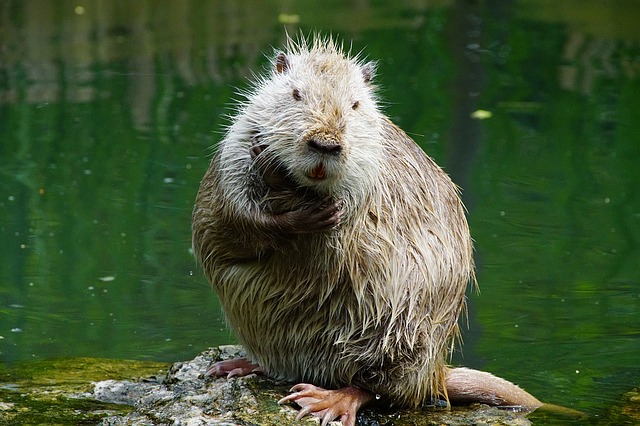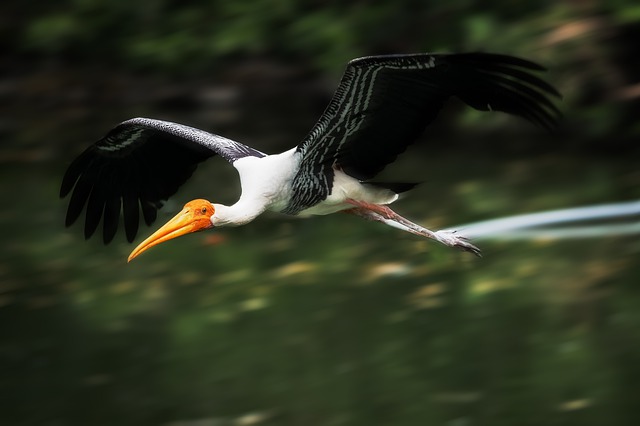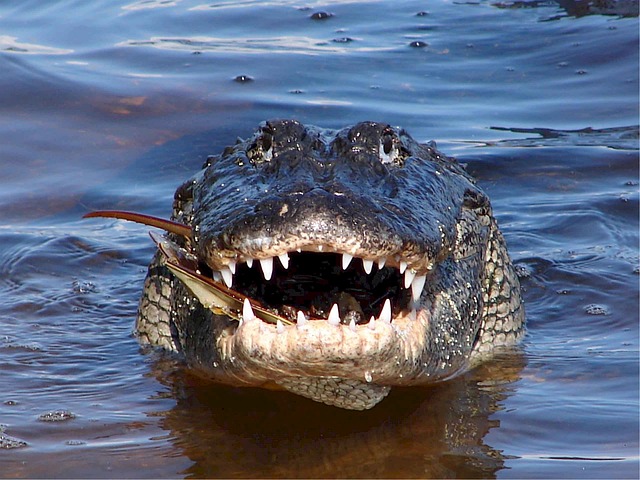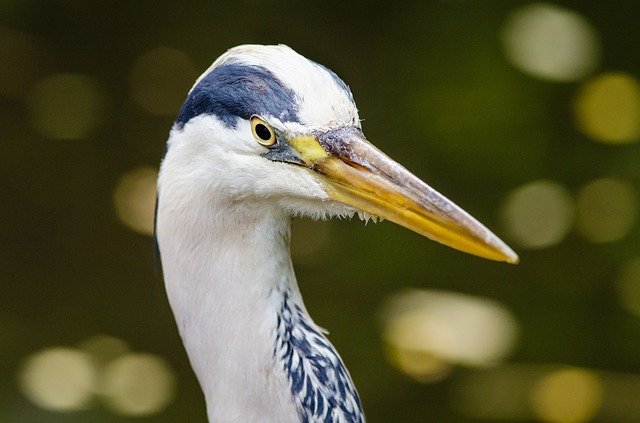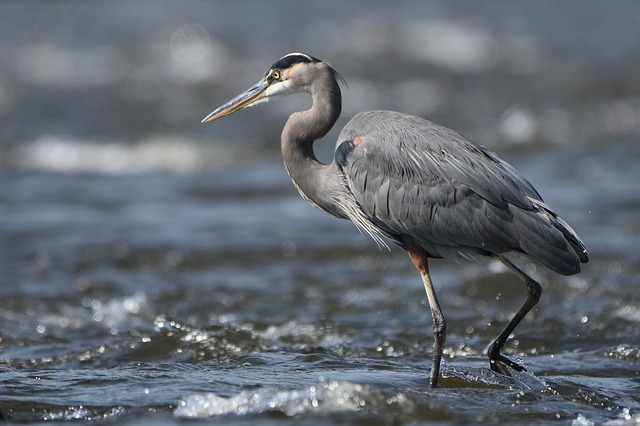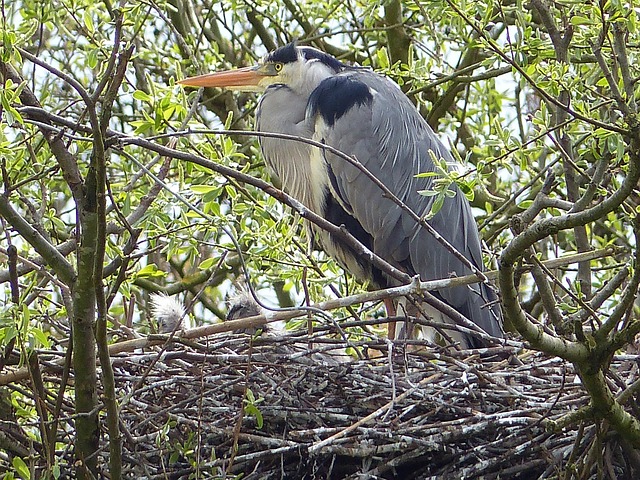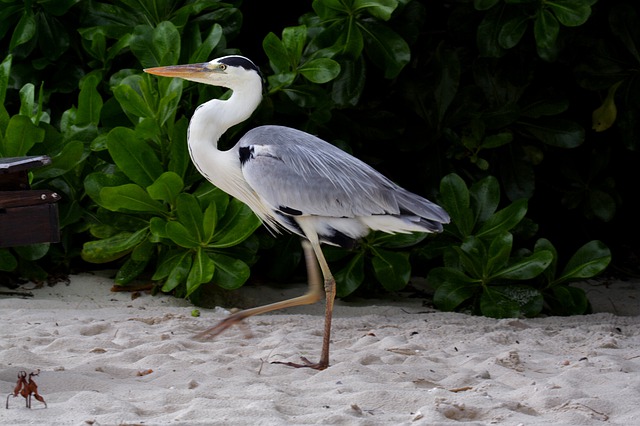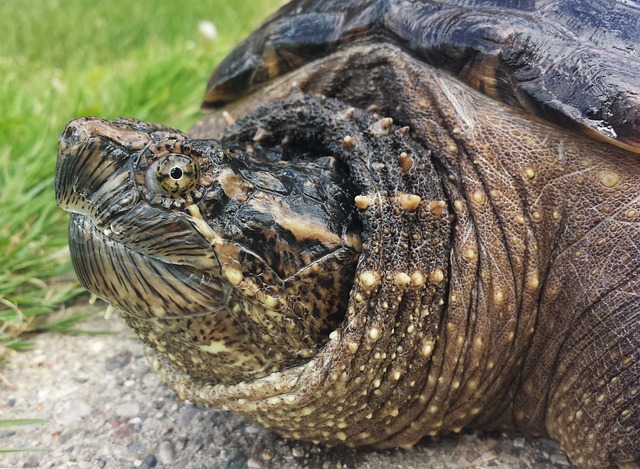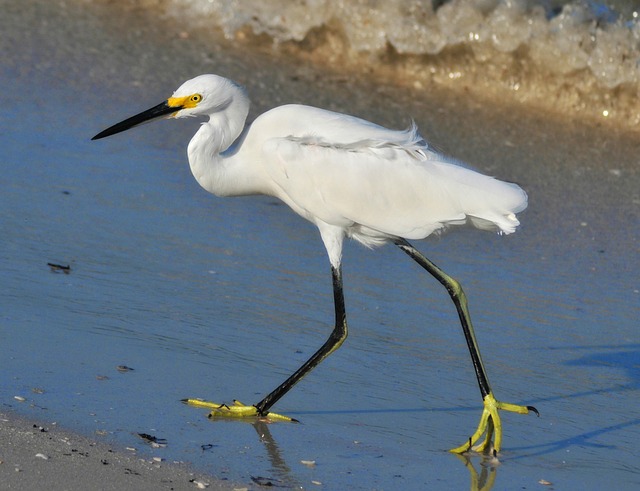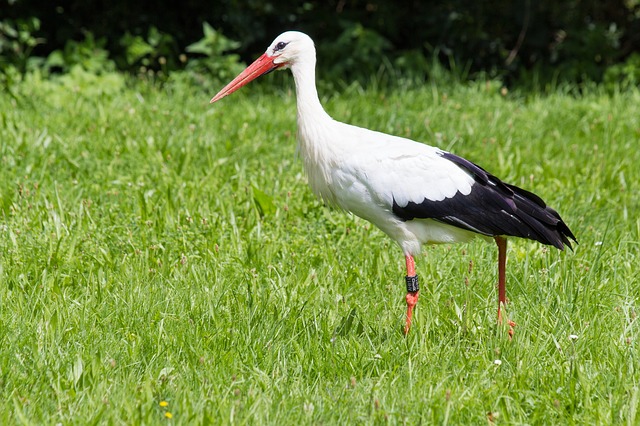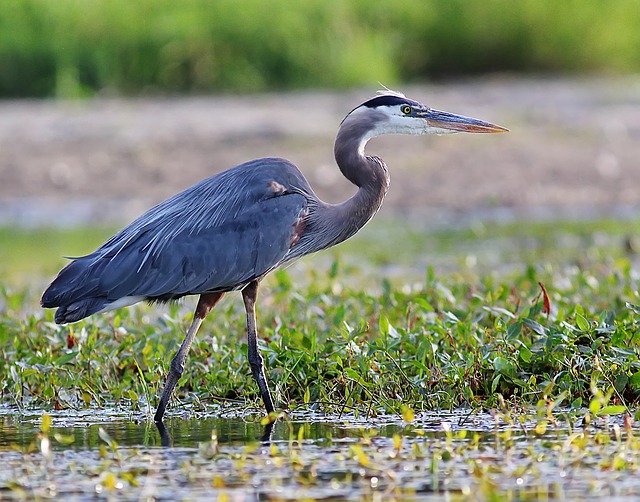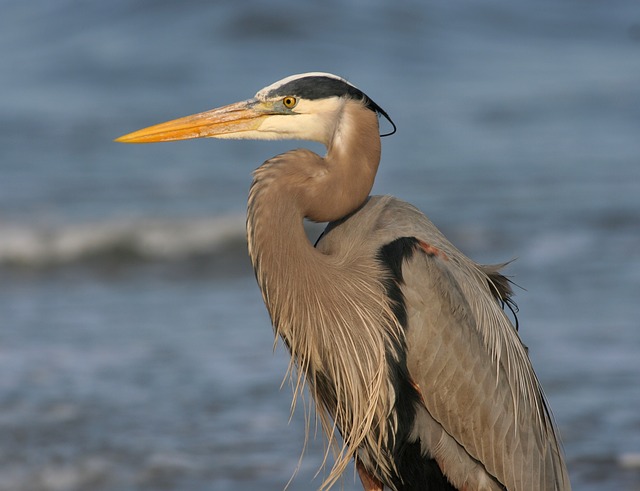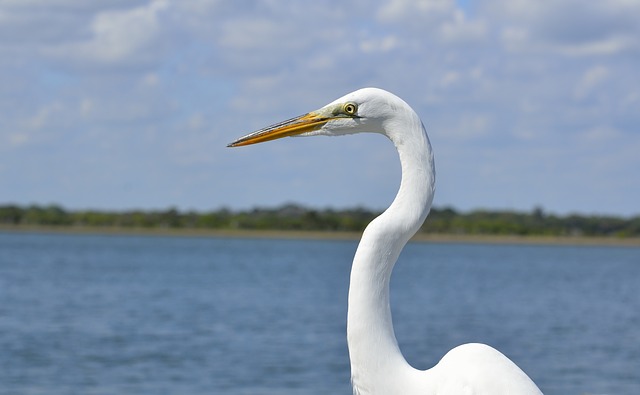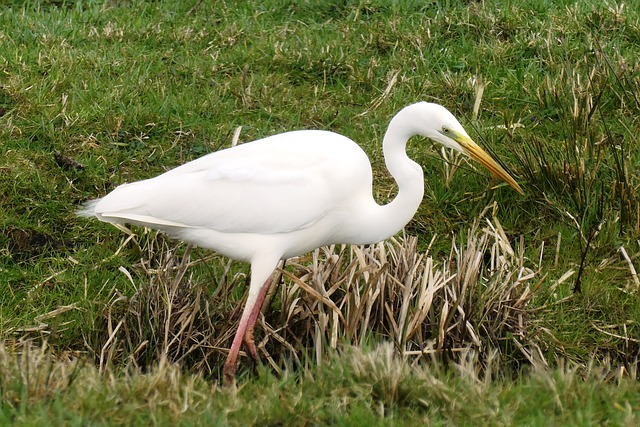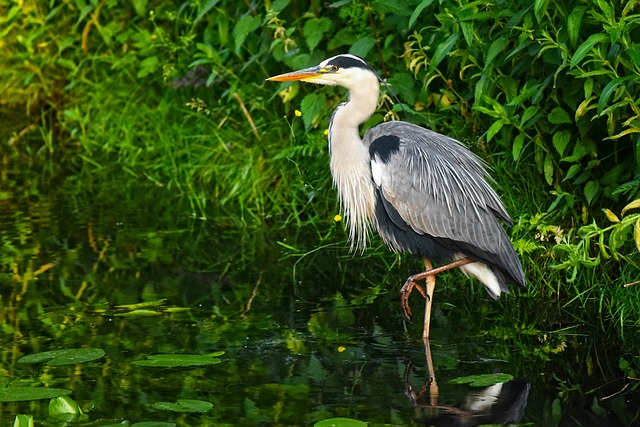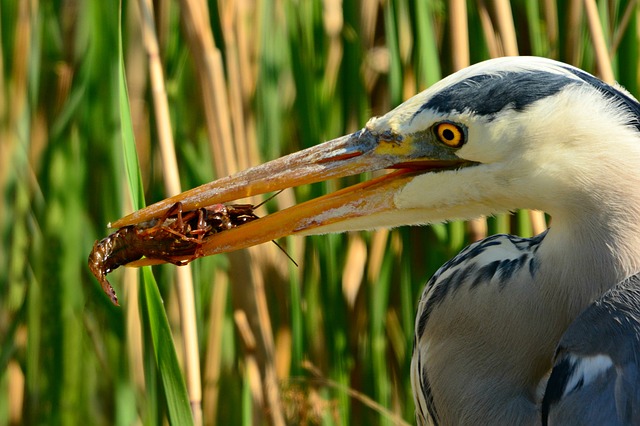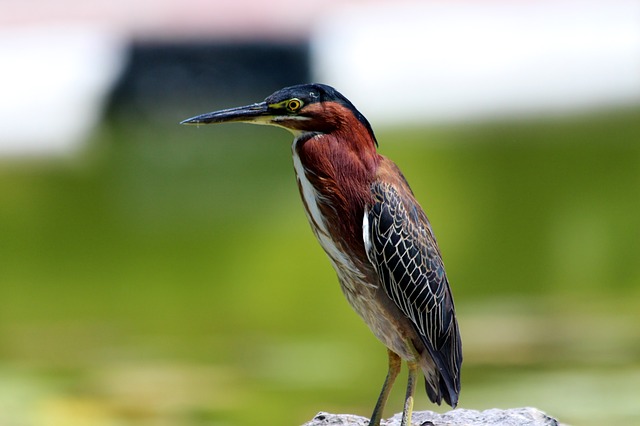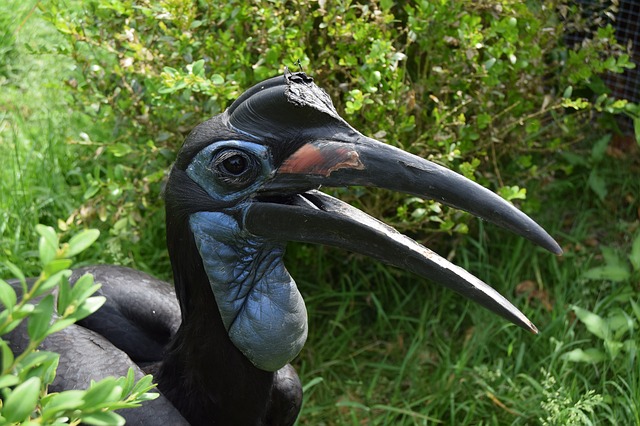
The birds we see today evolved from dinosaurs. Many species have changed so much that they don’t really resemble their ancestors much at all. Yet there are still a handful of birds that look as if they have stepped right out millions of years in the past. So here are some of the most prehistoric-looking birds in the world.
Toco Toucan
The toco toucan is the largest of all toucan species. And it has a huge serrated bill that makes it appear to have dino-like teeth. These serrations actually help the toco toucan to eat fruit which makes up the majority of its diet. Its humongous bill is actually the largest, relative to body size, of all birds.
Sandhill Crane
The sandhill crane is a tall bird with a long neck and large wingspan. Not only do these birds look like they come from another time period, they actually do. Fossils of sandhill cranes have been found that date back to several million years ago.
Pelican
The pelican is a big fish-eating water bird. It has a long beak and unique throat pouch which it uses not only to scoop up its prey from the water but to also drain out the water before the prey is swallowed. These big birds sometimes scoop up other prey as well such as lobsters, crabs, and even birds. The pelican is actually the closest relative of another prehistoric-looking bird: the shoebill.
Andean Condor
The Andean condor has prehistoric proportions and an appearance to match. It is the largest flying bird on the planet and has a wingspan that reaches close to 11 feet (3.4 meters) in width. And its bald head looks similar to that of a dinosaur. A featherless head helps to keep the bird clean when feasting on the carcasses of dead animals.
Greylag Goose
The greylag goose is a large goose species that have grayish-brown plumage, pink feet, and an orange bill. Its bill actually has serrated edges that make it seem as if it has fearsome teeth. These edges are used to help the goose cut soft plant material when feeding. Its bill also has a hard point at the end which is used to help it gouge out pieces of large tubers.
Emu
The emu is the largest bird in its native homeland of Australia and the second largest in the world. Amazingly it can reach prehistoric sizes of up to about 6 feet (around 2 meters tall). It reaches this size and is fully ground at only around 6 months of age. This flightless dinosaur-looking bird is also equipped with big sharp claws on each of its three-toed feet which it uses as weapons to kick potential threats.
Ostrich
The ostrich could be the most prehistoric-looking bird of all, just based on its size. It is the biggest bird in the world. Some ostriches tower at over 9 feet (close to 3 meters) tall. And they can weigh more than 300 pounds (136 kg.). These giants also lay gigantic eggs which typically weigh around 3 pounds (1.4 kg.). Like the emu, the ostrich is also flightless.
Abyssinian Ground Hornbill
The Abyssinian ground hornbill is a unique-looking bird, to say the least. This large species has a horn-like casque on top of its bill and stands around 3 feet tall (about 1 meter).
It is a predator and is usually found on the ground where it hunts and kills small animals with its long curved bill. Adult birds have a distinct patch of bare blue skin around their eye and on their upper throat. Males also have an inflatable patch of bare red skin on their necks as well.
Great Cormorant
The great cormorant is a large black prehistoric-looking sea bird. Because of its looks, it is often compared to a pterodactyl. Unlike the pterodactyl, however, the great cormorant feeds on fish which it dives underwater to catch. The scale-like plumage of the great cormorant is also a reason many people think this species looks reptilian.
Roadrunner
Like a speedy little Velociraptor, the roadrunner chases down its prey on foot. This small bird typically runs around 20mph (32 km/h) and eats a range of animals including snakes, lizards, and small mammals among many others. Even venomous rattlesnakes and scorpions, along with the tarantula hawk (a wasp famous for its incredibly painful sting) are on the menu for these opportunistic and prehistoric-looking birds.
Start Shopping for Birding Supplies!
Raccoon Pictures
Raccoons are easily recognizable by their black face mask and ringed tail. And there are many fascinating things about this intelligent nocturnal species. So we’ve compiled some of the best raccoon pictures to show you just how amazing and unique they are. Raccoon...
Eagle Pictures
Eagles are large powerful raptors with sharp talons and beaks. These apex predators are typically at top of the food chain and there are many interesting things about them. So we’ve compiled some of the best eagle pictures to show you just how amazing they are. Bald...
Nutria Pictures
Nutria are large semi-aquatic rodents from South America. In the United States where they were originally imported for the fur industry, they are an invasive species. Despite their pest status, there are many interesting things about them. So here are some of the best...
Stork Pictures
Storks are tall wading birds with long legs and necks. These amazing birds have many fascinating things about them. And we’ve compiled some of the top stork pictures to help show you just how interesting and beautiful they are. White Stork The white stork has a body...
Alligator Pictures
The American alligator is a large predatory reptile that inhabits the southeastern United States. It’s a fascinating animal with many interesting things about it. And we’ve collected some of the best alligator pictures to help show you just how amazing they are....
How Long Do Great Blue Herons Live?
The life expectancy of birds is known to be closely related to their size. So as the biggest heron species in North America, how long do great blue herons live? The average life expectancy for these large birds is around fifteen years. However, surviving their first...
Where Do Great Blue Herons Live?
The great blue heron is considered to be the most widespread heron in North America. So exactly where do great blue herons live? Here’s what you’ll want to know. Great Blue Heron Range The great blue heron is found throughout most of the North American continent. In...
Where Do Great Blue Herons Nest?
While many of us have seen great blue herons their nesting habits often remain a mystery to most people. That’s because they purposely nest in hard-to-reach places. So where do great blue herons nest? Here’s the answer. A Colony Nester Typically great blue herons nest...
Do Great Blue Herons Migrate?
Do great blue herons migrate? This is something many people wonder about, especially if they’ve seen a heron during the cold winter months. And the answer is both yes and no. Here’s what you’ll want to know. Great Blue Heron Range The great blue heron has a large...
Great Blue Heron Pictures
Few species of birds are as tall, elegant, and attractive as the great blue heron. So we’ve compiled some of the best great blue heron pictures for you to admire and help you to learn more about this amazing bird! Great Blue Heron Head The head of the great blue heron...
What Do Snapping Turtles Eat?
Many people are familiar with the fact that snapping turtles have an incredibly strong bite. They use their strong jaws and sharp beak not just for defense but also for catching food. So what do snapping turtles eat? Here's what you'll want to know. Snapping turtles...
Birds That Look Like Egrets
Egrets are predatory birds that hunt and live in a range of both freshwater and saltwater habitats. These birds are usually white, and have S-shaped necks, long legs, and dagger-like beaks. However, they are often mistaken for several other types of birds that look...
Birds That Look Like Storks
Storks are large wading birds with robust bills and long legs. These tall carnivorous birds are well-known for their wide wingspans and also for building huge nests. However, they are often confused with several other bird types that have a similar appearance. So...
Birds That Look Like Herons
Herons are tall birds with long slender legs and necks. And they often wade in the water when hunting for food. Yet there are several other types of birds that may be mistaken for them. To make things more confusing many of these birds also spend time in the water and...
Great Blue Heron Facts
The great blue heron is named for its size and the grey-blue color on its wings, stomach, and back. This species has many fascinating things about it. So here are the top great blue heron facts. It's The Largest North American Heron The great blue heron is a big bird...
Are There White Herons?
Are there white herons? This is something many people wonder especially after seeing a tall all-white bird. The answer is yes! And here’s a fast introduction to them. A White Color Morph Most people are familiar with the great blue heron, a large predatory and...
Great White Heron Facts
While many people are familiar with the great blue heron, they are often surprised to find out that there’s also a great white heron. There are many things you’ll want to know about this stunning bird. So here are the top great white heron facts. The Great White Heron...
What Animals Eat Herons?
Because of their size and long sharp beaks, it can be hard to imagine that herons have any natural predators. While they do, they definitely don’t have nearly as many predators as most other types of birds. So what animals eat herons? Predators Of Adult Herons For...
What Do Herons Eat?
Great blue herons are often seen slowly wading in shallow water hunting for food. You may have even spotted one of these large birds in your own backyard pond. This leaves many people wondering: “What do great blue herons eat?” And here’s everything you’ll need to...
What Do Green Herons Eat?
The green heron is a secretive and small heron species. What it lacks in size however it makes up for in intelligence. It is particularly well-known for how it uses its smarts when hunting for food. So what do green herons eat? Read on to find out. Meet The Green...
